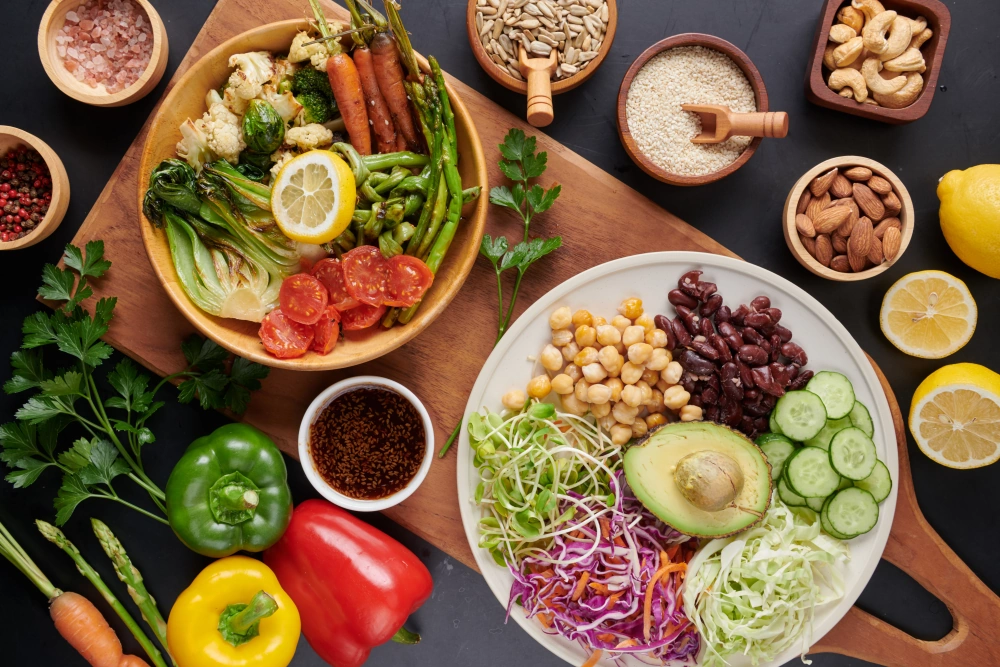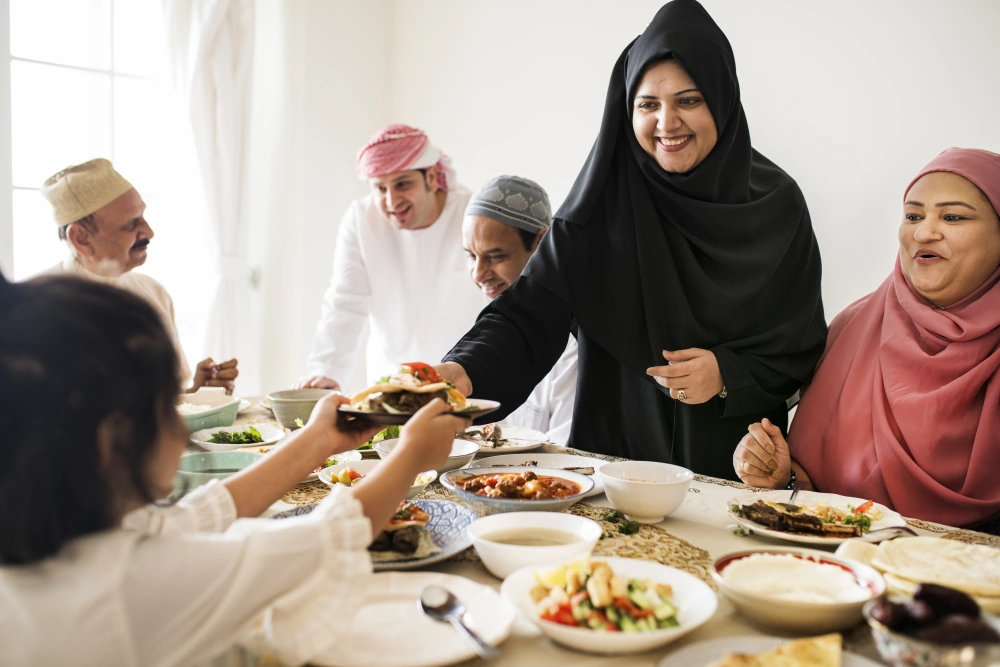

The month of Ramadan comes with a range of dietary and lifestyle modifications as Muslims around the world fast from dawn to dusk. Some may argue that lifestyle changes during Ramadan, including water intake and hydration status, changes in sleep pattern, caloric intake and mealtime could impact one’s immune system.
To better assess the risks of the associated dietary and lifestyle changes on the body’s immune system against the Covid-19 disease — especially now that the country is facing another wave of the infectious disease, Gleneagles Hospital Kuala Lumpur's resident consultant endocrinologist Dr Saiful B Kassim shares his insights.
According to Dr Saiful, the immune system gains from fasting because the circulating immune cells are significantly lowered during Ramadan as compared to their levels before Ramadan. Moreover, the number of immune cells is often significantly reduced during Ramadan but remained within the normal reference ranges.
Dr Saiful said the potential negative effects of dehydration during fasting are often negated. “Adequate water intake for Sahur and after Iftar is crucial to keep one’s renal or kidney function steady. “If there is lack of adequate hydration, then the urea will rise resulting in renal dysfunction.”
He, however, noted that changes in sleep patterns such as less sleep during the evening do not seem to harm the immune system. The calorie intake reduction due to missed lunch during Ramadan, however, seems to be highly beneficial to the immune system.
“The simplest way to look at it is that one misses a lunch meal which results in a significant calorie deficit (energy expenditure > intake) and eventually will aid in weight loss.” Citing recent studies, Dr Saiful said it was found that prolonged fasting shifts stem cells of the immune system from a dormant state to an active state of self-renewal.
“One could not predict that prolonged fasting would have such a remarkable effect in promoting stem cell-based regeneration of the hematopoietic system. When you stop eating, the body uses up stored glucose, fat and ketones, and also recycle worn out and damaged immune cells.”
Dr Saiful noted that in many studies involving animals and humans, it was found that the drop in white cell levels during each fasting cycle triggered a stem-cell-based regeneration of new immune cells.

How to keep the immune system in check during Ramadan?
To minimise the effects of the associated dietary and lifestyle behaviours of fasting on the body’s immune system, Dr Saiful said it is crucial to have an adequate intake of vitamin D and vitamin C.
“Diets that are poor and high in carbohydrates can increase the risk of obesity and Type 2 diabetes, which may lead to increased risk of a poorer outcome if Covid-19 is contracted. Therefore, it is crucial to have a good intake of five portions of low carbohydrate vegetables such as avocado, asparagus, bok choi, broccoli, cabbage, carrots amongst others, and fruit a day to reduce the risk of obesity and type 2 diabetes.”
Dr Saiful added that harmful health behaviours such as overeating, sedentary behaviour with reduced physical activity, elevated alcohol consumption, smoking and impaired sleep patterns are associated with non-communicable diseases and can interfere with immunity.
“While no foods, single nutrients or dietary supplements can prevent Covid-19 infection, a balanced diet containing sufficient amounts of macronutrients and diverse micronutrients is a prerequisite of an optimally functioning immune system. High-energy ‘Western’ diets and obesity are major risk factors for a more severe course of Covid-19.”
Dr Saiful said population-wide body weight control, reduction of smoking rates and limitation of alcohol consumption are important preventive measures. Furthermore, he noted that sufficient restorative sleep is needed for adequate immune functioning.
“Appropriate lifestyle changes regarding nutrition, exercise, sleep, smoking and alcohol intake may help shift the population distribution of infection risk and aid in preventing severe Covid-19 disease.”

Boosting the immune system
When it comes to building a healthy diet during Ramadan, Dr Saiful said the key is to go for lighter but filling food options that will help the body to replenish all the nutrients one may lose throughout the day.
“Try to include all the essential food groups — grains, vegetables and fruit, legumes, and protein sources in your diet. A nutritious soup, eggs, cheese, olives, greens, cucumbers, and tomatoes would be ideal for sahur.”
He said oatmeal would be an excellent option as it’s a slowly burning complex carbohydrate which can help one last for the initial eight hours of the fast.
“Consuming eggs, an excellent source of protein, alongside oatmeal or wheat porridge can help to increase satiety (increase the satiety hormone, leptin level) and stave off hunger (reduce hunger hormone, ghrelin) for longer.”
He also advised Muslims to take a 15-minute break after they break their fast and eat soup and salad or vegetables before moving on to the main course.
“Since your brain won’t register the signal that you are getting full until after 20 minutes, taking a break before eating again helps you slow down and give you more control over your portions.”
Dr Saiful said salads and vegetables should also be a permanent item in the diet for better sugar control and overall health.
Doctor Featured
Dr Saiful B Kassim
Consultant Endocrinologist
Gleneagles Hospital Kuala Lumpur
This article was published on 4 May 2021. The full article can be found on MalayMail*

Wait a minute

Wait a minute